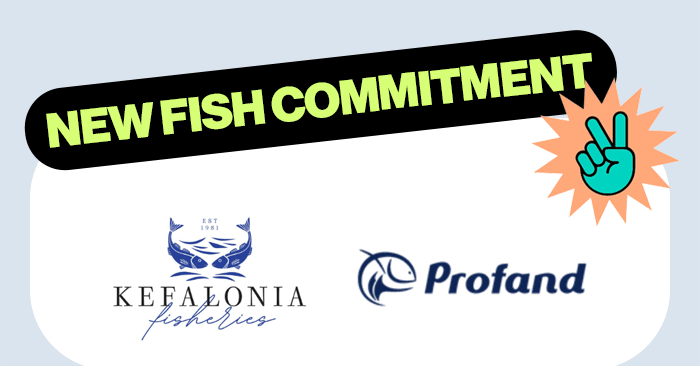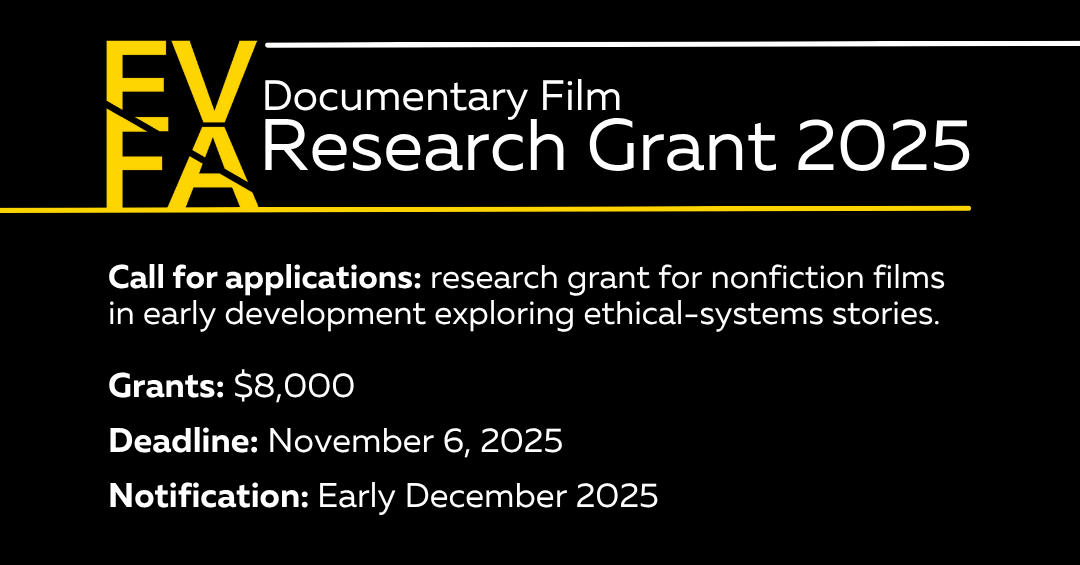We are happy to share that Profand Fishing Holding, a leading multinational in the global fishing industry, has committed to effectively stunning farmed fish prior to slaughter. The company owns, among others, 8 sea bass and sea bream farms in Greece (under the name of Kefalonia), and 3 rainbow trout farms in Spain.
Commitment link:
You can read their fish welfare policy on their website, and the commitment appears on page 8, article 3.8 “Stunning and Slaughter”.
Scale: Europe.
Timeline: We have been talking to Profand for a year. After getting the commitments from Aqualande and Caviar Pirinea, we retook the conversation and got the commitment in a few days. They have incorporated electrical stunning in one farm in Greece and plan to cover 100% of sea bass, sea bream, and trout production by 2027. In the case of rainbow trout, they are waiting for a specific permit to reconvert their farms which could mean having the 100% by 2026.
Who: Animal Welfare Observatory.
Unsuccessful Tactics: Collaborative approach without public pressure or other Spanish commitments.
Successful Tactics: Getting the commitment of other large companies opened the door for them to decide apart from the Spanish Association of Producers (who is advising against commitments).
Scalability: Profand Group produces 500 Tons of rainbow trout (which will increase to 3.000 Tons by 2026) and around 5.500 Tons of sea bass and sea bream. In addition, they own a shrimp farm in Ecuador and a big international fishing fleet, where other interventions could benefit more animals.
Please, don’t hesitate to reach out to me if you need further info
Thank you!




